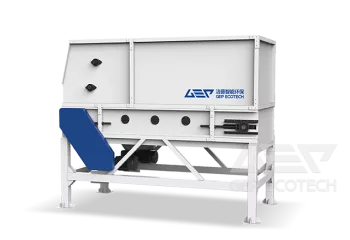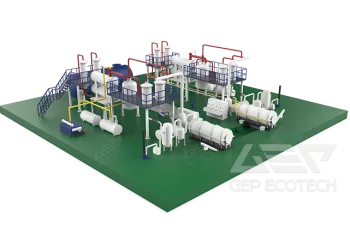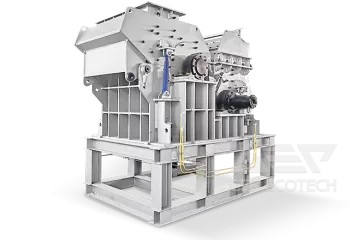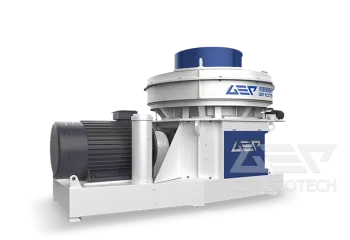The amount of RDF (Refuse-Derived Fuel) that can be produced from one ton of household waste can vary depending on several factors, such as the composition of the waste, the efficiency of the RDF production process, and the technology used for RDF production.
Generally, it is estimated that one ton of household waste can produce around 150-250 kg of RDF. However, it should be noted that this is just an average estimate based on preliminary sorting of the waste to remove recyclable materials.
The composition of householdwaste can vary depending on several factors, such as locality, time of the year, etc. household waste is composed of organic and inorganic matter, plastics, paper, and other materials. These materials differ in their calorific value, meaning their energy content per unit mass. Consequently, it is important to understand that the amount of RDF produced from one ton of domestic waste depends on the composition and quality of the waste stream.
Another factor to consider is the RDF production technology, which varies according to the type of plant. RDF production plants have different systems like shredding machines, separating systems, drying systems, etc. Output of these systems will be different and impact the amount of RDF produced.
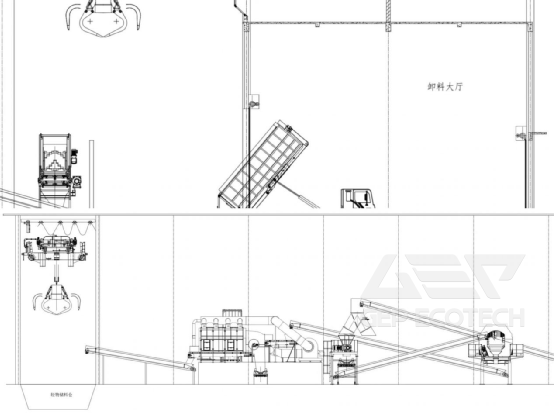
Domestic waste to RDF production plant
Lastly, RDF production efficiency plays a major role in the amount of RDF produced. High efficiency in RDF production requires advanced technologies and an optimized process. The process must deal with moisture, impurities, and other contaminants, which can reduce the amount of RDF produced. Therefore, it is essential to have an efficient process in place to ensure the optimal amount of RDF is produced.
In summary, one ton of household waste can produce an average of 150-250 kg of RDF. The amount of RDF produced can depend on several factors such as the waste composition, RDF production technology, and the efficiency of the RDF production process. Nonetheless, RDF production is an important consideration for municipal waste management as it provides an alternate source of energy for industrial processes.


